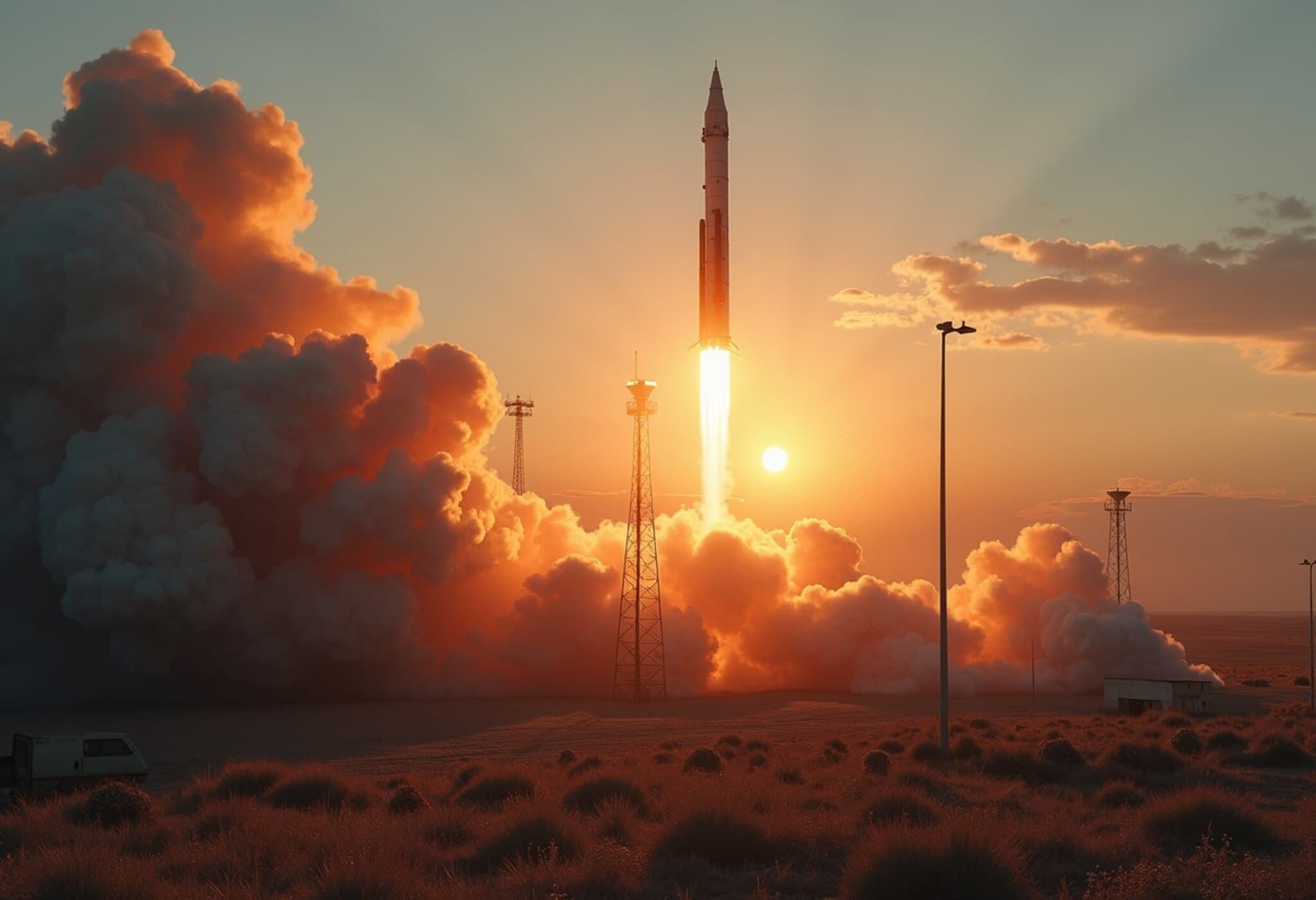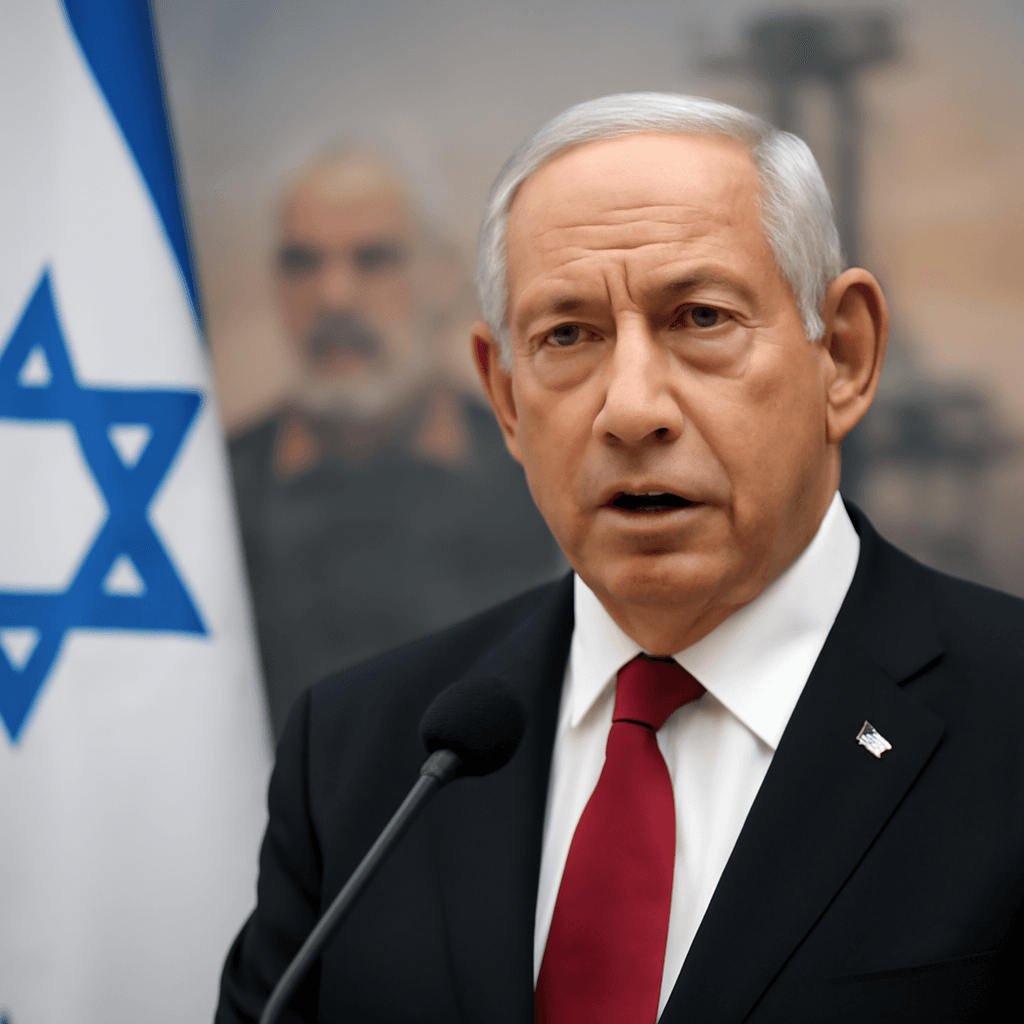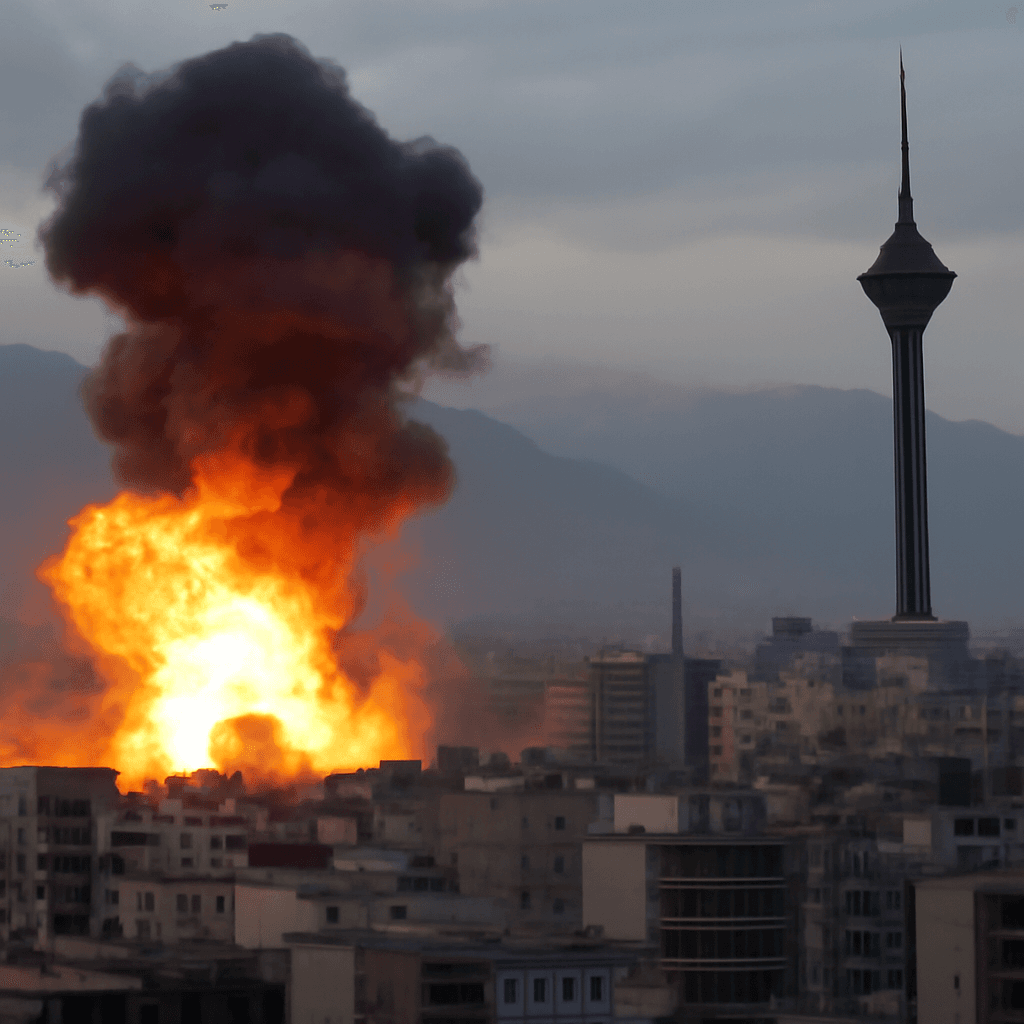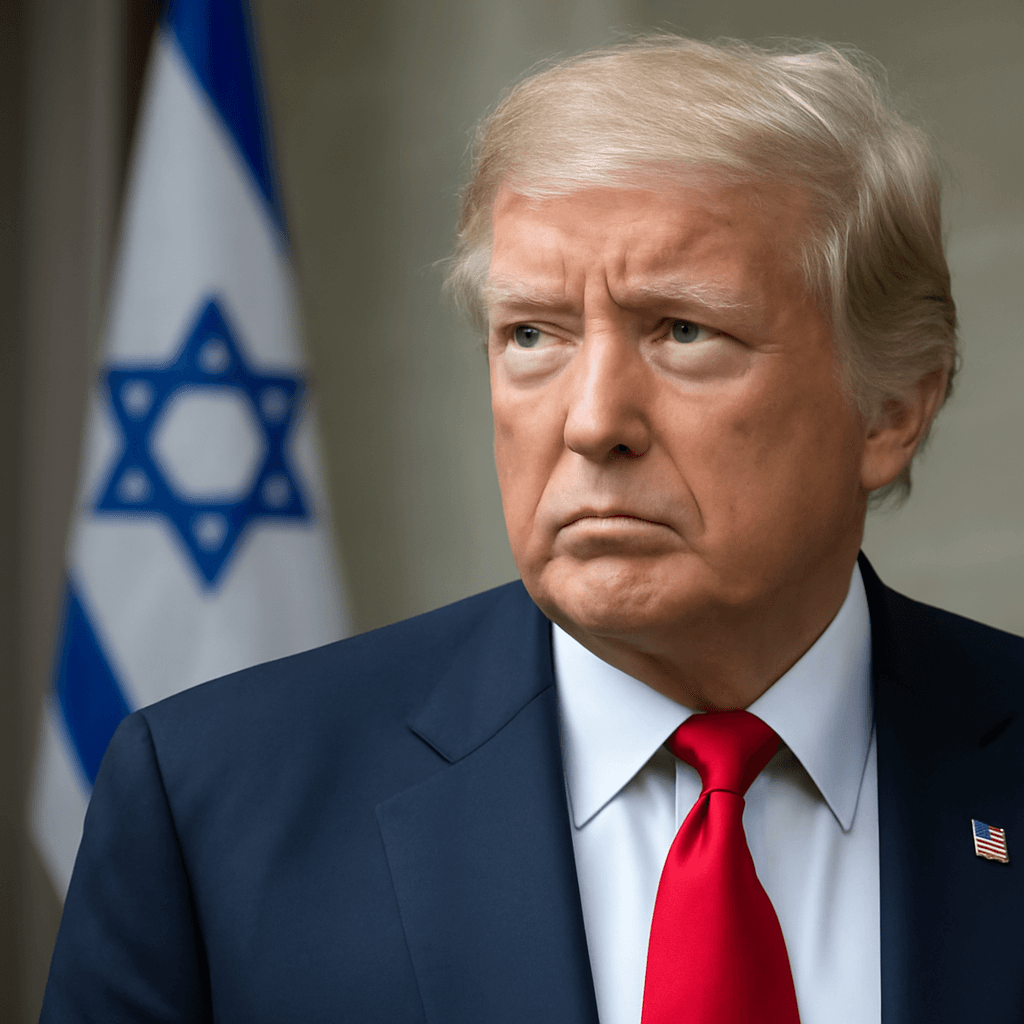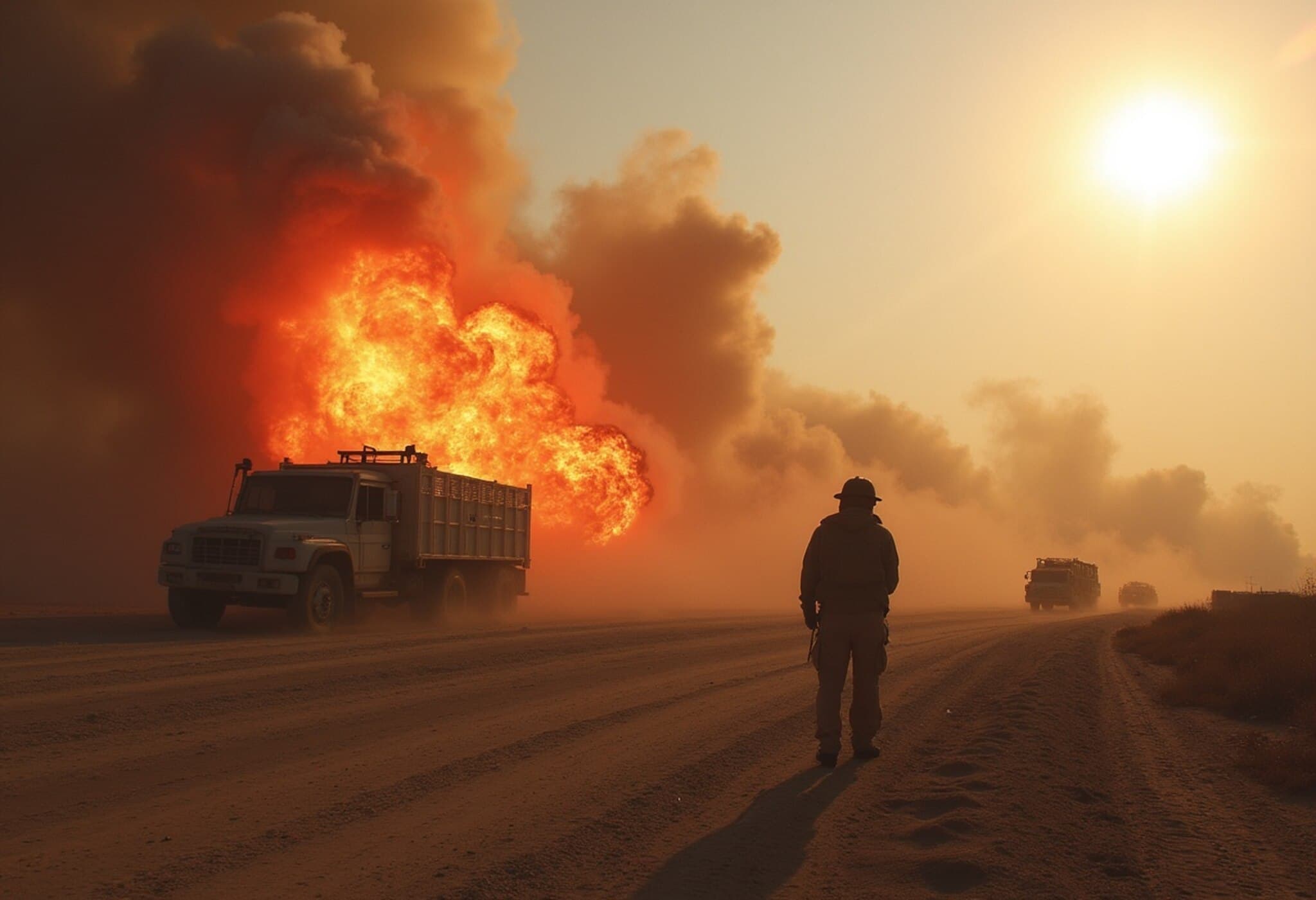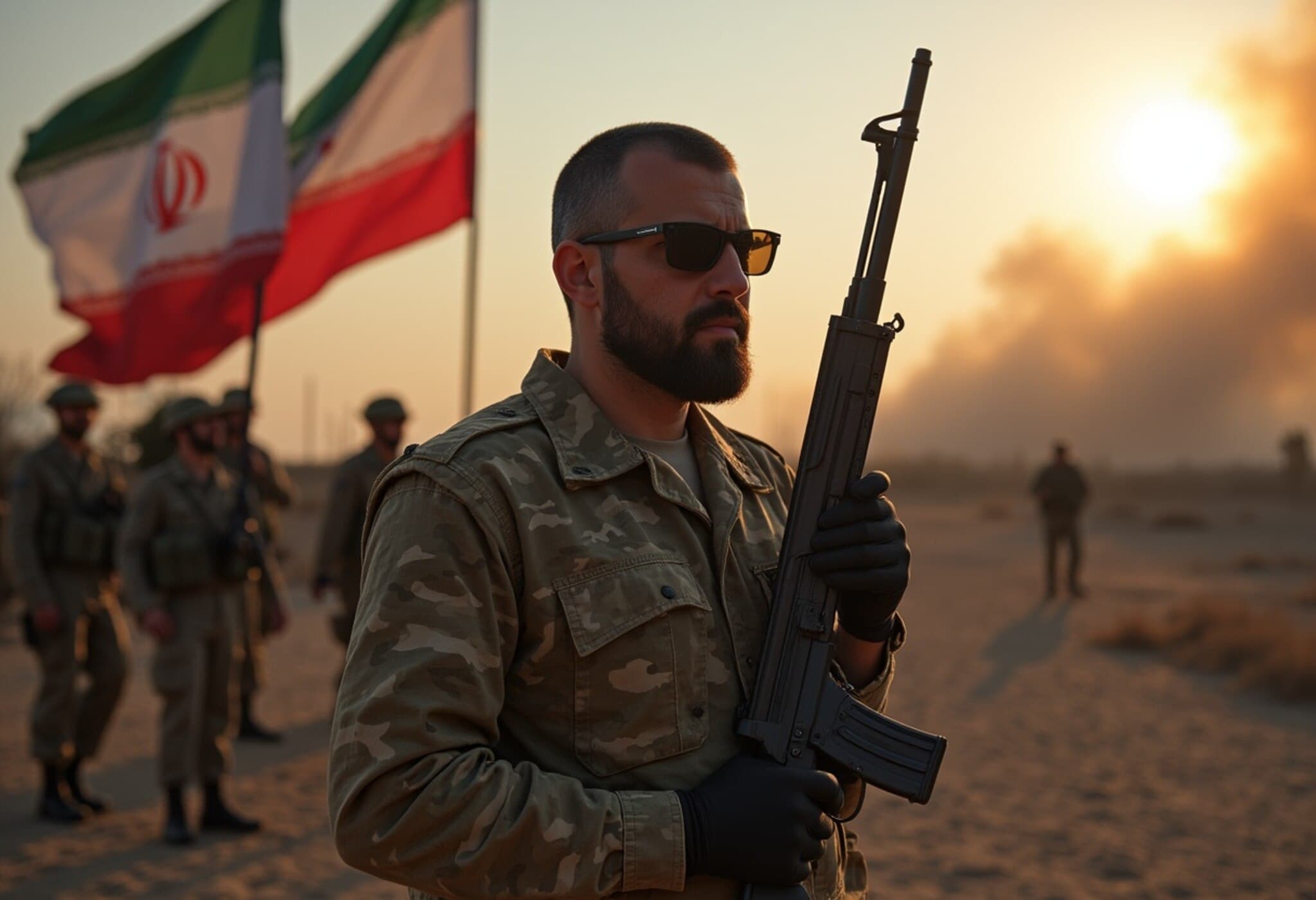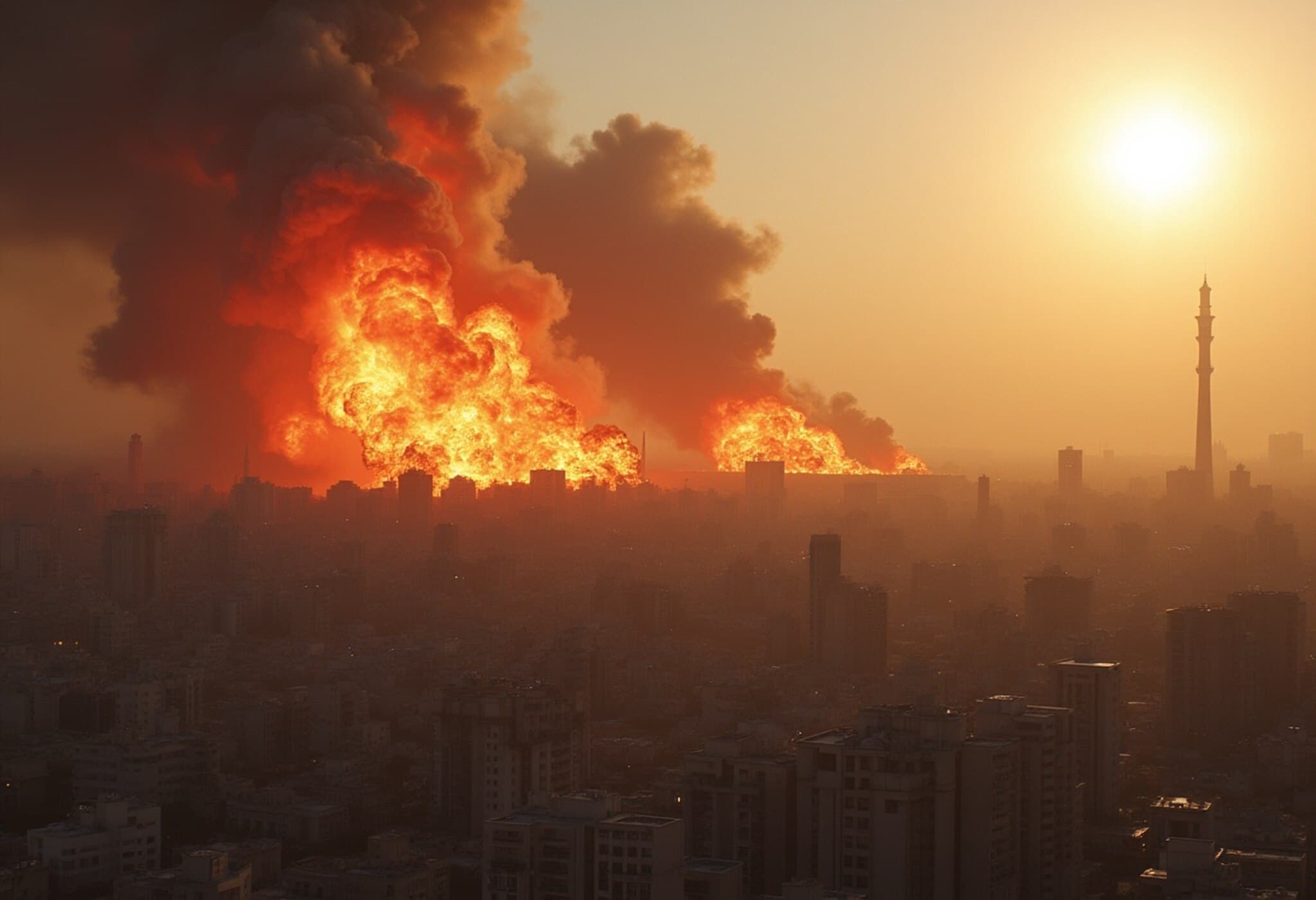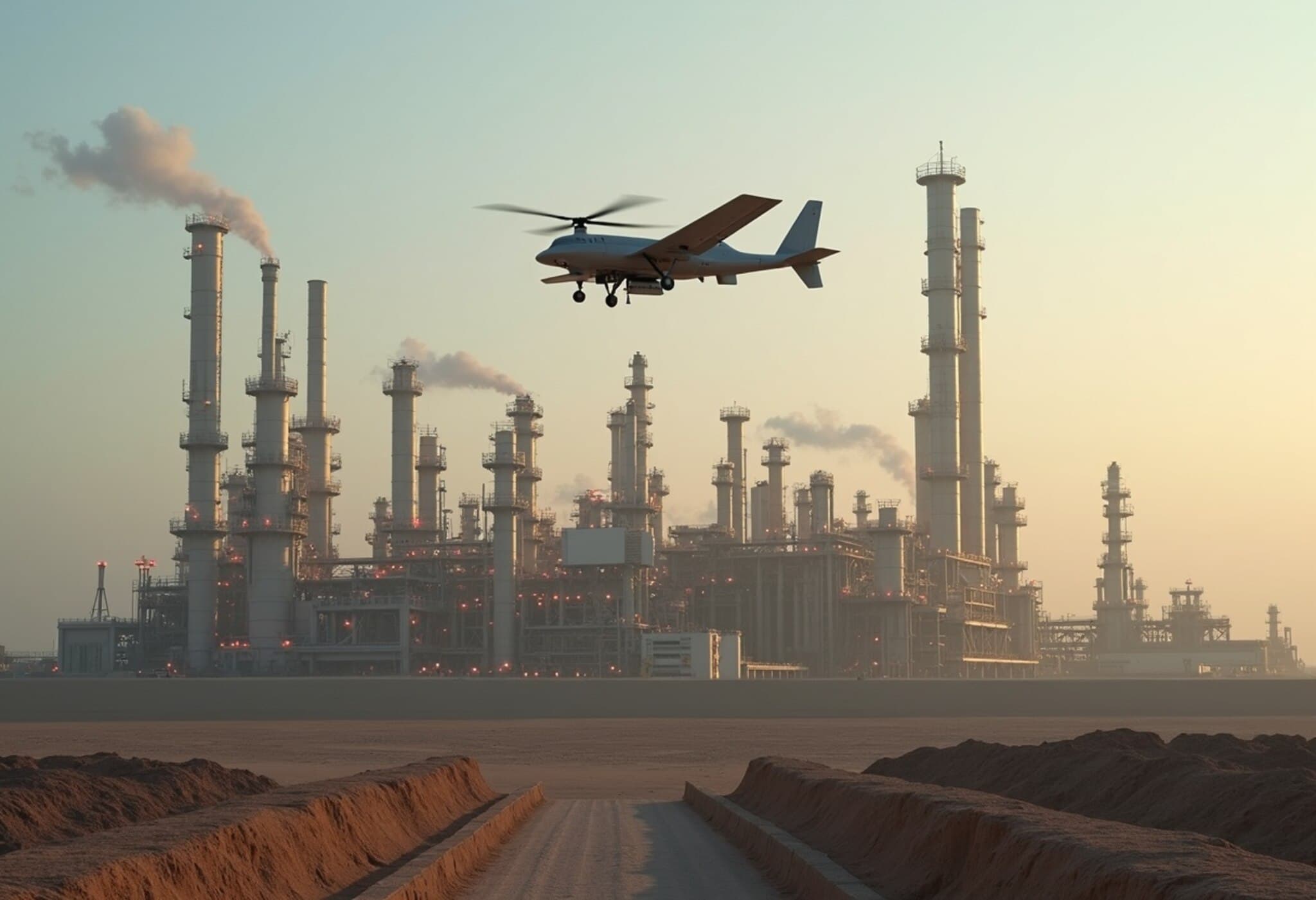Israel-Iran Strikes Heighten Regional Tensions and Raise Stakes for India
Late Friday into Saturday, Iran launched a volley of ballistic missiles targeting Israel following a major Israeli military offensive against critical Iranian nuclear and military installations. This Israeli operation, termed Operation Rising Lion, struck over 100 targets with more than 200 aircraft, reportedly killing 78 people and injuring over 300, including high-ranking Iranian military officials.
Prime Minister Narendra Modi conveyed India’s concerns directly to Israeli Prime Minister Benjamin Netanyahu during a phone call. Modi emphasized the urgent need for peace and stability amid escalating hostilities.
A Complex Prelude to the Conflict
The offensive came after mounting US and Israeli threats against Iran, heightened security concerns leading to partial evacuations of US embassies in the Middle East, and an International Atomic Energy Agency (IAEA) declaration that Iran breached its nuclear commitments for the first time in two decades.
Meanwhile, diplomatic efforts such as the Iran-US nuclear talks and an upcoming UN conference on a two-state Israel-Palestine solution were overshadowed by the military escalation. Domestic political challenges confronted Netanyahu, including narrowly surviving a Knesset vote to dissolve parliament, as well as sanctions imposed on key Israeli ministers by the UK and other states.
The Israeli Offensive and Iranian Response
Operation Rising Lion saw targeted strikes on Tehran, Natanz, Isfahan, Fordo, Tabriz, and Kermanshah. The IAEA reported contamination at Natanz's destroyed uranium enrichment facility. Iran declared the Israeli attack a “declaration of war” and responded with long-range missile strikes on Tel Aviv, injuring at least 34 civilians. The Israeli Defense Minister issued a stern warning that Tehran would face severe consequences if attacks continued.
Regional Backlash and Global Fallout
Several Middle Eastern countries, including Saudi Arabia, UAE, Qatar, and Egypt, condemned Israel’s attacks, while the UN called for restraint to prevent widening conflict. India urged both sides to de-escalate, mindful of the profound risks to its strategic investments—like the India-Middle East-Europe Economic Corridor and the Chabahar port—as well as energy imports and the safety of its expatriates.
Market reactions were swift; India’s Sensex fell 573 points amid rising oil prices, partly fueled by fears that Iran might close the vital Strait of Hormuz, a key chokepoint for global oil and LNG shipments, including those from Qatar, a major LNG supplier to India.
The conflict also threatens India’s delicate diplomatic balancing act between Israel, Iran, and Gulf states. India’s recent abstention from a UN resolution calling for a Gaza ceasefire has raised regional eyebrows.
UN Voices Strong Opposition to Starvation Tactics in Gaza
In light of the ongoing humanitarian crisis caused by the Israeli blockade in Gaza, the United Nations General Assembly passed a resolution condemning the use of starvation as a method of warfare. The measure, passed by a vote of 149 to 12 with 19 abstentions (including India), urges an immediate ceasefire, release of Hamas-held hostages, and unhindered access for food aid.
Despite the resolution's non-binding nature, it reflects mounting global concern as over two million Palestinians face famine risks amid strict blockades and military actions that have claimed more than 55,000 lives, according to Gaza’s Health Ministry.
The UN and allied agencies continue to struggle with delivering aid amid attacks near distribution points. Recent Israeli seizures of aid ships and arrests of activists attempting to break the blockade have heightened tensions further ahead of the June 17-20 UN conference aimed at advancing a two-state peace solution.
India Concludes Crucial Trade Talks with the US
Against the backdrop of geopolitical tensions, India and the United States wrapped up an extended round of trade negotiations addressing tariffs on key commodities such as corn, soybeans, nuts, textiles, footwear, tea, and coffee. Discussions also focused heavily on rules of origin, which affect tariff benefits.
The talks come as the deadline approaches for ending the current 90-day tariff pause between the two countries. Separately, India also made significant headway with the European Union, closing multiple chapters—including intellectual property rights—in ongoing trade negotiations.
However, trade challenges persist regionally, as disrupted textile waste shipments from Bangladesh impact India’s significant recycling hub in Panipat, highlighting complex supply chain interdependencies.
Trump Announces China to Supply Critical Rare Earths Amid Trade Talks
Following two days of trade negotiations in London, former US President Donald Trump stated that China has agreed to supply “any necessary rare earths” and magnets essential to manufacturing sectors ranging from automotive to defense electronics.
While details remain scant and pending leadership approvals, experts caution China has gained strategic leverage amid its export controls, which had already prompted US automakers to reduce production. Beijing’s official statements underscore these measures’ strategic importance rather than being short-term bargaining chips.
Russia Intensifies Attacks on Ukraine as EU Advances Sanctions
Russia launched significant drone and missile strikes against Kyiv and Odesa, causing casualties and damaging critical civilian infrastructure, including hospitals and residential areas. This followed Moscow’s record drone attacks earlier in the week amid stalled peace talks in Istanbul.
Ukraine countered with operations deep into Russian territory, reportedly destroying numerous bomber aircraft. Despite ongoing negotiations, Russia demands Ukraine’s concession over territory and neutrality, while Kyiv insists on full territorial restoration and NATO membership.
Germany reaffirmed support for Ukraine’s defense capabilities, and the European Commission proposed an eighteenth sanctions package aimed at Russia’s energy revenues and military sectors. Among measures is a proposed reduction of the G7 price cap on Russian crude oil from $60 to $45 a barrel, targeting Moscow’s financial lifelines.
© 2025. All rights reserved.

